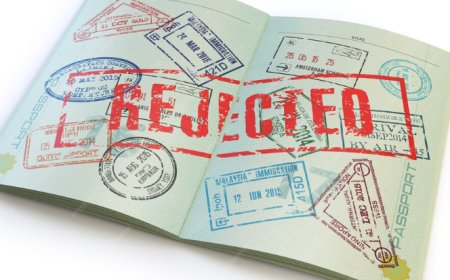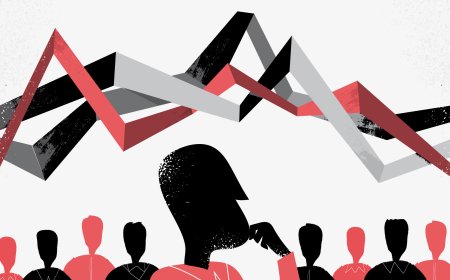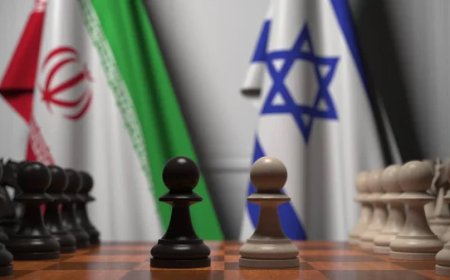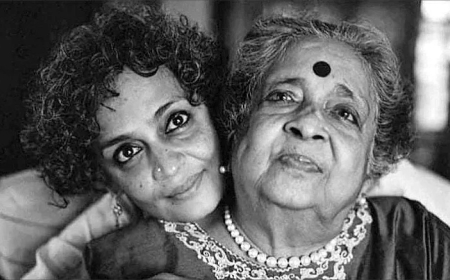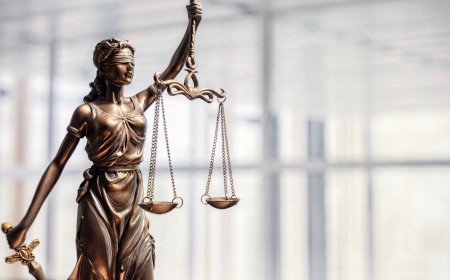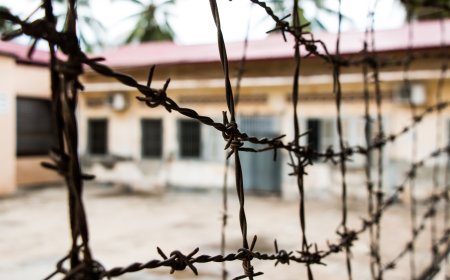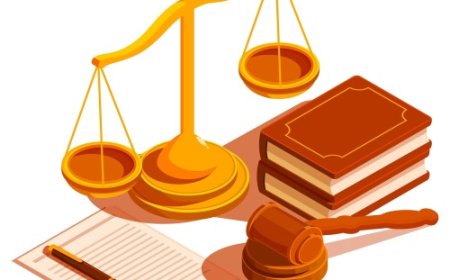Dignity for Victims, Respect for the Armed Forces of Bangladesh
In the eyes of the law, liability is personal. A uniform is not a cloak of impunity, nor does the language of the law permit targeting the uniform to put an entire institution in the dock.

The recent moves by the International Crimes Tribunal have brought Bangladesh to a difficult but necessary crossroad. Various news sources report that arrest warrants have been issued against a total of 25 army officers in three cases.
According to a briefing from Army Headquarters, 15 are still in service and one is on LPR (leave preparatory to retirement); among these 16, all are in army custody except former Military Secretary Major General Kabir Ahmed, who is in hiding.
Meanwhile, the Tribunal’s chief prosecutor, Tajul Islam, told BBC Bangla that among 30 accused, 14 are serving and 10 are retired. This numerical discrepancy may be explained by differences among the three levels of counting -- case, accused, and warrant.
Even so, the bigger picture is clear: the Tribunal is investigating, the court is issuing warrants, the army is cooperating within the law and taking responsibility for producing the accused before the court.
This is how a civilized state functions. A warrant does not mean a conviction; the court is saying there is “prima facie” cause to arrest, and now the investigation and trial will proceed. Victims’ families have a right to justice; for them, this process is a ray of light. Sensitivity is essential here, but sensitivity does not mean breaking the continuity of law -- rather, it means preserving it intact.
What is most worrying at this moment is the shouting and screaming on Facebook Live. A group of social-media influencers speak as though the entire army is a criminal institution, and their apparent aim is to break the institution’s dignity and push people onto a playing field of “army versus public.” One must ask: is the goal justice, or is it to destroy an institution and create long-term disorder? Justice is not a talk show; it relies on files, testimony, signatures, logbooks, and the chain of command -- work that requires patience.
Another point needs to be made clearly. Many of those who stream live day and night to pit the army against the public are not pursuing justice; they are chasing personal brands, views, and money. Many sit safely abroad while nudging the country toward chaos. If chaos erupts, nothing happens to them; it is the people of this country who pay the price.
These influencers systematically use half-truths. They clip a single line to make a video and hide the rest of the context. Sometimes they reveal the names of protected witnesses; sometimes they spread unverified audio or video. The greatest damage is done to justice itself. They know court verdicts take time, so they cast time as the enemy -- as if waiting is compromise. In fact, they want the process to collapse, so they can crown themselves heroes.
There are clear signs that reveal who is pushing toward anarchy. They never provide specific names, offering only “sources say." Most dangerously, they openly incite people to “take justice into their own hands.” This is not free expression; it is a shove toward breaking the law.
The legal position is actually quite straightforward. Senior Supreme Court lawyer Jyotirmoy Barua has said that if a member of the armed forces commits an offense while performing professional duties, they will be tried under military law; and if the offense is against a civilian, trial will proceed in the ordinary courts -- there are precedents for both.
In other words, in the eyes of the law, liability is personal. A uniform is not a cloak of impunity, nor does the language of the law permit targeting the uniform to put an entire institution in the dock.
In this context, the army’s announced cooperation -- keeping the accused in custody, producing them before the Tribunal on schedule, and taking them back into custody after proceedings -- sends an important message. In the fractured administrative reality after August 5, stitching the state back together has not been easy. Against that backdrop, the goal should not be to drag institutions down, but to keep them sturdy while bringing those responsible to justice.
Therefore, the path should be this: the Tribunal will investigate by the rules; the government will facilitate; the army, following liaison protocols, will ensure documents, information, personnel, and appearances; and the public will stand with the patience that justice requires, rather than chasing rumor-politics.
Above all, we must remember that both the dignity of victims and the dignity of institutions can be protected if we keep personal responsibility at the center. Turning the army into an enemy and driving the public into the streets is easy; it may win immediate applause, but it does not yield durable verdicts in court, and it weakens the state. If instead we let law, evidence, and due process do their work, families will find the solace of justice while the state preserves the honor of its essential institutions.
Bangladesh needs justice -- but justice that is based on the rule of law, evidence-based, and durable; justice that gives victims closure and pushes institutions toward reform. Respect for the army must also be maintained. This balance is, today, the most critical political stance for Bangladesh. Those who are trying to break this balance are enemies of the country.
Asif Bin Ali is a Doctoral Fellow, Georgia State University, Atlanta, USA.
What's Your Reaction?














